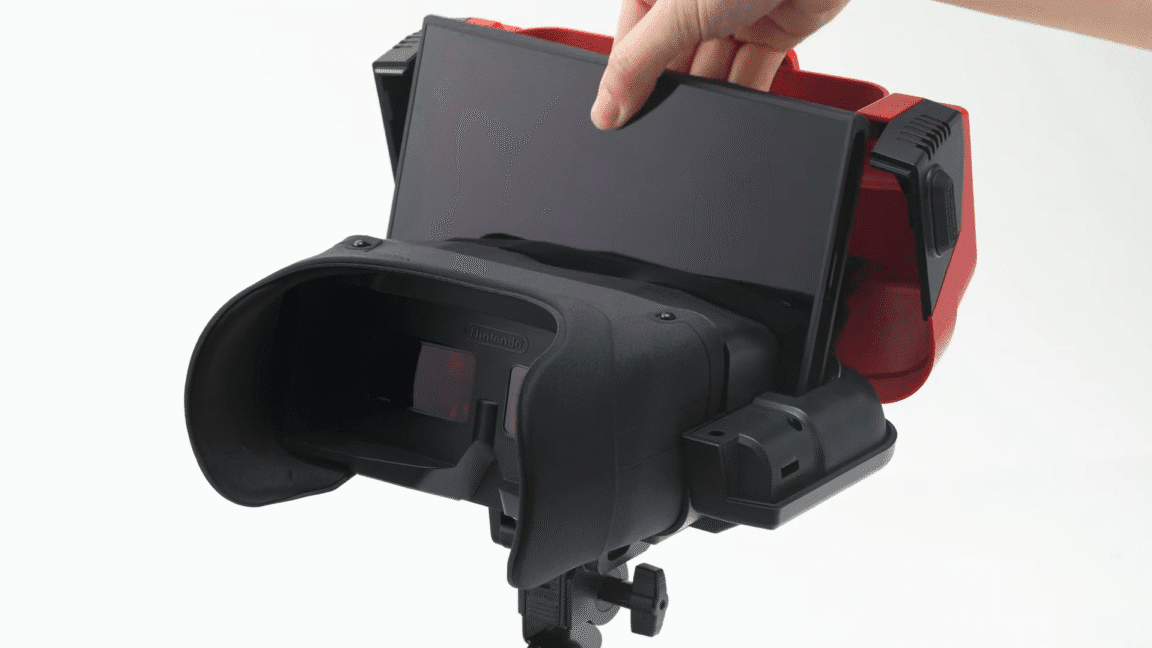
encyclopedia britannica and merriam-webster sue perplexity ai The AI web search company Perplexity is facing a significant legal challenge as Encyclopedia Britannica and Merriam-Webster have filed a lawsuit against it for copyright and trademark infringement.
encyclopedia britannica and merriam-webster sue perplexity ai
Details of the Lawsuit
On September 10, 2023, Britannica, a publisher with a rich history spanning centuries, initiated legal proceedings against Perplexity in a federal court in New York. The lawsuit alleges that Perplexity’s “answer engine” engages in practices that infringe upon the intellectual property rights of both Britannica and Merriam-Webster. Specifically, the companies claim that Perplexity scrapes their websites, effectively stealing their internet traffic and plagiarizing their copyrighted material.
Allegations of Plagiarism
The term “plagiarize” is central to the lawsuit, highlighting the gravity of the accusations. The court documents include side-by-side screenshots that illustrate how Perplexity’s results mirror Merriam-Webster’s definitions almost verbatim. This raises serious concerns about the originality of the content generated by Perplexity, which positions itself as a competitor to Google Search.
Trademark Infringement Claims
In addition to copyright infringement, Britannica also alleges trademark infringement. The lawsuit points out that Perplexity has attached the names of both Britannica and Merriam-Webster to “hallucinated” or incomplete content. This practice not only misleads users but also potentially damages the reputation of the established brands involved. The use of these names in a context that does not accurately represent their content could confuse consumers and dilute the brands’ value.
Perplexity’s Business Model
Perplexity has positioned itself as a competitor to traditional search engines, claiming to offer a more refined and user-friendly experience. However, critics have labeled it a “bullshit machine,” arguing that it appropriates original content without providing proper citations or credit to the sources. This raises ethical questions about the use of AI in content generation and the responsibilities of companies that utilize such technology.
Stealth Crawling Practices
One of the more controversial practices attributed to Perplexity is “stealth crawling.” This involves bypassing website crawler blockers, a tactic that has been employed by other AI companies as well. By circumventing these protections, Perplexity can access and scrape content from various websites without permission, further complicating the legal and ethical landscape surrounding its operations.
Previous Legal Challenges
This lawsuit is not the first legal battle for Perplexity. The company has previously faced scrutiny from other media outlets, including Forbes, The New York Times, and the BBC. In October 2024, News Corp, the parent company of prominent outlets such as The Wall Street Journal and the New York Post, also filed a lawsuit against Perplexity, alleging similar issues of copyright and trademark infringement.
Industry Reactions
The reactions from various stakeholders within the media and tech industries have been mixed. Some media companies have opted to join Perplexity’s ad revenue-sharing program, including notable names like Time magazine and the Los Angeles Times. These partnerships suggest that some organizations see potential benefits in collaborating with Perplexity, despite the ongoing legal challenges.
Collaborations with Educational Resources
Interestingly, Perplexity has also formed partnerships with educational resources. For instance, the World History Encyclopedia recently joined Perplexity’s publisher program. On September 8, 2023, it launched a Perplexity-powered AI chatbot designed to help users navigate its extensive database of sources and academic articles. This initiative indicates a willingness among some educational institutions to embrace AI technology, even as legal disputes loom over its ethical implications.
Implications of the Lawsuit
The lawsuit filed by Britannica and Merriam-Webster could have far-reaching implications for the AI industry, particularly for companies that rely on scraping content from existing websites. If the court rules in favor of Britannica and Merriam-Webster, it may set a precedent that could limit the ability of AI companies to utilize similar practices in the future. This could lead to a reevaluation of how AI-generated content is created and distributed, potentially requiring more stringent guidelines and ethical standards.
Impact on Content Creators
For content creators, the outcome of this lawsuit may serve as a wake-up call. As AI technologies continue to evolve, the line between original content and AI-generated material becomes increasingly blurred. If established publishers like Britannica and Merriam-Webster can successfully defend their intellectual property rights, it may encourage other content creators to take legal action against AI companies that infringe upon their work. This could lead to a more cautious approach among AI developers, who may need to invest in more robust content attribution systems to avoid legal repercussions.
Future of AI and Copyright Law
The case also raises important questions about the future of copyright law in the age of AI. As AI technologies become more integrated into everyday life, lawmakers may need to revisit existing copyright frameworks to address the unique challenges posed by AI-generated content. This could involve creating new regulations that specifically govern the use of AI in content creation, ensuring that the rights of original creators are protected while still allowing for innovation in the tech sector.
Conclusion
The lawsuit filed by Encyclopedia Britannica and Merriam-Webster against Perplexity AI underscores the complex intersection of technology, copyright law, and ethical considerations in the digital age. As the legal proceedings unfold, the implications for both the AI industry and content creators will be closely monitored. The outcome could shape the future landscape of AI-generated content and redefine the boundaries of intellectual property rights in an increasingly automated world.
Source: Original report
Was this helpful?
Last Modified: September 12, 2025 at 10:38 pm
0 views















